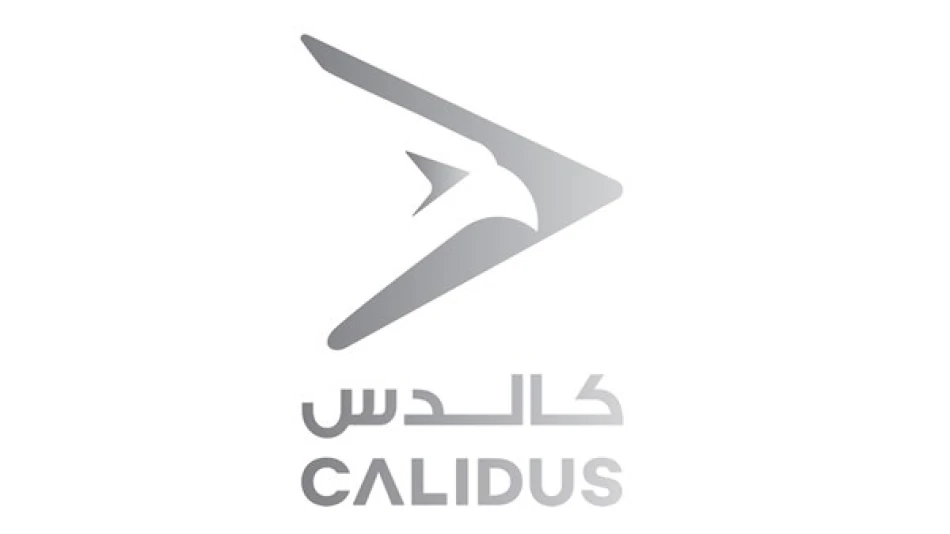
Emirati Defense Tech Innovations Showcased by Kaldes at IDEF 2025
UAE's Caldus Holding Showcases Defense Ambitions at Turkey's IDEF 2025
The UAE is positioning itself as a major player in the global defense manufacturing arena as Caldus Holding prepares to unveil over 15 advanced military technologies at Turkey's premier defense exhibition. The company's expanded presence at IDEF 2025 signals the Emirates' strategic push toward defense industry self-reliance and export capabilities, challenging traditional Western and Eastern defense suppliers.
Strategic Defense Diversification Takes Center Stage
Running from July 22-27 at Istanbul's exhibition center, IDEF 2025 will witness Caldus Holding's most comprehensive international showcase to date. Operating under the UAE's national pavilion supervised by the Defense Industries Council "Tawazun," the company is leveraging this platform to demonstrate how quickly the Emirates has developed sophisticated military manufacturing capabilities.
This expansion reflects a broader trend across Gulf states, where nations like Saudi Arabia and the UAE are investing heavily in domestic defense production to reduce dependency on foreign suppliers and create new revenue streams beyond oil.
Advanced Military Hardware on Display
Caldus will present a diverse portfolio including the armored combat support vehicle MATV equipped with "Al-Hadah" missile launch systems, alongside six different variants of the Al-Hadah missile system. The exhibition will also feature a miniature production line model from their military machinery factory CLS, a B-250 aircraft cockpit simulator, and scale models of both the B-250 light attack aircraft and the advanced B-250T trainer.
Particularly noteworthy are the company's electro-optical systems incorporating infrared technologies—critical components for modern surveillance, tracking, and targeting operations. These systems combine thermal imaging, optical sensing, and laser rangefinding capabilities, positioning Caldus to compete with established defense technology providers from Israel, the United States, and Europe.
Local Manufacturing Meets Global Ambitions
The emphasis on locally-manufactured military chassis designed to withstand harsh operational conditions and mine resistance demonstrates the UAE's commitment to building complete defense supply chains domestically. This approach mirrors successful strategies employed by countries like South Korea and Turkey, which transformed from defense importers to significant exporters within decades.
Dr. Khalifa Murad Al Balushi, CEO of Caldus Holding, emphasized the company's focus on technology transfer and artificial intelligence integration, stating their goal is to establish the UAE as a leading pillar in global defense manufacturing. This ambition aligns with the UAE's broader economic diversification strategy and its Vision 2071 program.
Market Implications and Regional Competition
The UAE's defense industry push comes at a time when global military spending continues rising, with Middle Eastern nations particularly focused on enhancing their defense capabilities amid regional tensions. Unlike traditional defense exporters that often face political restrictions on arms sales, the UAE's more flexible foreign policy stance could provide competitive advantages in certain markets.
The timing is strategic—as Western defense manufacturers face supply chain constraints and lengthy delivery schedules, emerging producers like Caldus can potentially offer faster delivery times and more flexible terms to international customers.
Next-Generation Defense Technology Integration
Caldus's commitment to developing AI-powered next-generation systems entirely within UAE facilities using local expertise represents a significant technological leap. This approach could position the company to compete not just on cost, but on innovation—particularly in autonomous systems and smart munitions where traditional defense contractors are still developing capabilities.
The company's comprehensive approach, from design and development to assembly using purely Emirati expertise, suggests confidence in the domestic talent pool and infrastructure—factors that will be crucial for sustained competitiveness in the global defense market.
As defense spending globally shifts toward more technologically sophisticated systems, Caldus's exhibition at IDEF 2025 will serve as a critical test of whether the UAE's defense industry investments can translate into genuine export success and strategic influence.
Most Viewed News

 Layla Al Mansoori
Layla Al Mansoori






